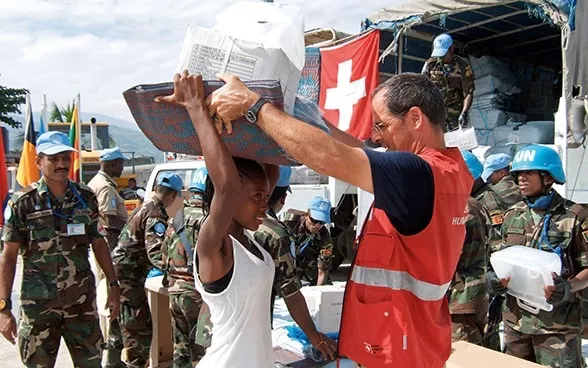Focus Covid-19: Libya

By Gaia Renzi, Intelligence Division Intern of STAM Strategic & Partners Group Ltd, April 2020
As the numbers of Covid-19 cases rise globally, new concerns arise for the Libyan situation. The Libyan National Centre for Disease Control (NCDC) confirmed 26 cases of COVID-19, 16 in isolation and 1 death as of 14th April 2020 meanwhile the John Hopkins University data report more than 1000 cases confirmed in the neighbouring Algeria and Egypt causing no little concerns to Libyan authorities. Already in March the GNA implemented measures to control the spread of Coronavirus – closing the borders, imposing a curfew, forbidding gatherings and furthermore closing schools, restaurants and cafes – all in order to diminish the impact of contamination; but as we have seen is not easy to stop a pandemic that is causing thousands of deaths.
As Human Rights Watch reported, the Global Health Security Index (GHS) 2020 defined Libya as one of the 27 states most vulnerable to emerging outbreaks of illness. In a previous report, the same GHS Index included Libya among those countries least prepared to prevent, detect, or respond to a health crisis. As seen in the last months, many countries struggled hardly to adjust their health care system to fight the spread of coronavirus. Growing numbers of covid-19 infected people (as already expected) will pressure the Libyan health care system, already burdened by the victims of the ongoing conflict. A huge effort will be required by Libya with regards to training, equipment and personnel in order to fulfil the country’s need.
In a scenario of growing contagiousness, migrants, refugees and internally displaced people in Libya are going to be badly affected and most of them won’t have easily access to health care assistance. The International Organization for Migration (IOM) reports a total of 355,672 internally displaced people (as of March 2020). Poor hygiene conditions and overcrowded premises seems the perfect vectors for the spread of coronavirus. The ongoing military clashes between the LNA and the GNA caused the displacement of over 4,650 individuals only in the months of February and March.
Many may choose to move inside the country as well as to leave it through illegal routes. New boats are expected to leave the Libyan coasts illegally in order to transport migrants as closer as possible towards European waters. Growing numbers of migrants in the Mediterranean sea will challenge European countries that, after having successfully launched Operation Irini, is now mainly focused on managing the major outbreak of Covid-19 in its member nations.
Libya will experience increasing insecurity inside the country and terrorist groups may leverage on people’s needs. While the UN recognized government will struggle to exercise its authority on its controlled territory, in the greater Libyan area terrorist groups will flourish providing those services that should be a monopoly of central institutions – today in the form of health assistance, tomorrow probably in the form of security nets to provide jobs to those economically affected by the crisis.
If the two parties to the conflict do not agree – once for all and seriously enough – to maintain a ceasefire, the number of internally displaced people will increase, consequentially they willmove inside the country increasing the probability of spreading Covid-19. A ceasefire is thus now more than ever necessary in order not to nullify any effort to contain the virus and to avoid an unprecedented humanitarian crisis.




